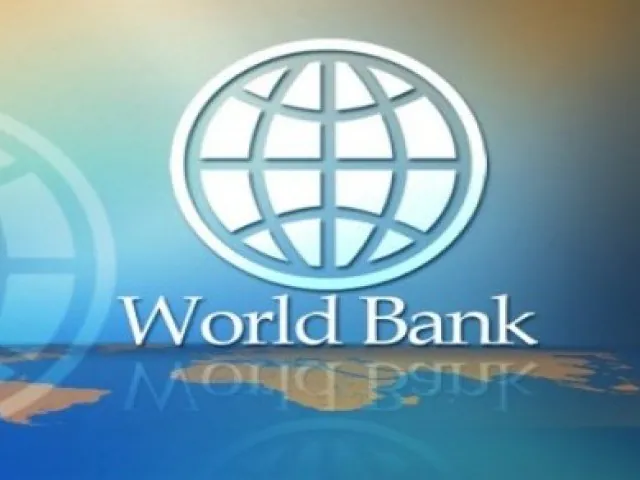Our Terms & Conditions | Our Privacy Policy
World Bank Urges Ghana to Tackle Business Reforms as B-READY Report Exposes Hurdles
 World Bank
World Bank
The World Bank Group unveiled its inaugural Business Ready (B-READY) Report for Ghana on Thursday, offering a stark assessment of systemic bottlenecks stifling private sector growth while outlining pathways to revitalize the nation’s economic competitiveness.
The analysis spotlights Ghana’s strengths in labor policies and utility access but flags inefficiencies in business registration, property transfers, and dispute resolution as critical barriers to investment.
Robert Taliercio O’Brien, World Bank Director for Ghana, Liberia, and Sierra Leone, underscored the urgency of reforms during the report’s launch. “Ghana outperforms regional peers in some areas, but persistent bureaucratic delays and opaque regulations risk derailing growth,” he said. The report cites an average 230-day wait to enforce commercial contracts—nearly double the global benchmark—and a 12-step process for construction permits as key pain points.
Trade Minister Elizabeth Ofosu-Agyare acknowledged the findings, pledging accelerated action under Ghana’s Business Regulatory Reform Programme. “Streamlining processes is non-negotiable for economic transformation,” she stated, emphasizing digitalization of land registries and tax systems as immediate priorities.
Valeria Perotti, head of the B-READY initiative, noted Ghana ranks 103rd out of 180 economies for business efficiency, lagging behind regional counterparts like Senegal and Kenya. “This isn’t about rankings but actionable reforms—simplifying trade procedures, enhancing credit access, and modernizing courts,” she said.
A panel of private sector leaders echoed these calls during the launch. Simon Madjie of Ghana’s Investment Promotion Centre highlighted redundant permit requirements that delay projects. “A factory owner needs 23 separate approvals—this kills momentum,” he argued. Seth Twum Akwaboah, CEO of Ghana’s Industries Association, urged faster adoption of digital tax platforms to curb corruption and delays.
Kyle Kelhofer, IFC’s Senior Country Manager, confirmed the World Bank Group’s commitment to backing reforms with $500 million in ongoing technical and financial support. Priorities include digitizing port clearance systems and expanding collateral registries to boost SME lending. Ghana’s banking sector currently meets just 30% of business credit demand, per central bank data.
The report’s launch coincides with Ghana’s push to stabilize its economy under a $3 billion IMF program, with private sector growth seen as pivotal to reducing public debt, now at 84% of GDP. Stakeholders warn, however, that progress hinges on sustained political will.
“Reform fatigue is our biggest risk,” said Mavis Owusu-Gyamfi of the African Center for Economic Transformation. “Simplifying regulations isn’t a one-off—it requires institutional accountability.” As Ghana’s government races to implement the B-READY roadmap, investors await tangible proof that bureaucratic inertia can give way to a business climate fit for ambition.
Send your news stories to newsghana101@gmail.com
Follow News Ghana on Google News
[ad_1]
Images are for reference only.Images and contents gathered automatic from google or 3rd party sources.All rights on the images and contents are with their legal original owners.
[ad_2]



Comments are closed.